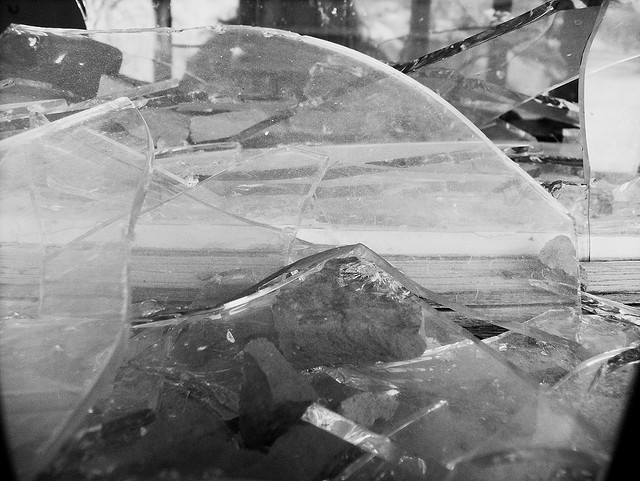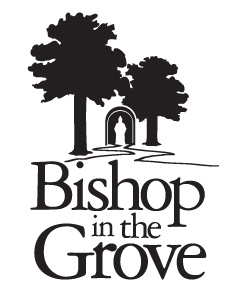Tag: Forgiveness
-

The Continued Relevance of Compassion
This has been quite a week. I made the choice to leave ADF. I handed over the Fellowship to an amazing person, Kristin McFarland. I left home for Los Angeles to meet Cher and write songs with a bunch of starry-eyed kids. It’s been surreal. Then, at the end of the week, after rushing to put […]
-

A Pagan Reclaiming Forgiveness
In the midst of this Christian extravaganza, standing beneath the red and green blinking lights, and surrounded by the sound of Jesus followers singing hymns and secular Christmas classics, I’m rediscovering the act of forgiveness. I didn’t expect forgiveness to be a theme of this brief caroling experience. I thought my time singing Christmas songs […]

